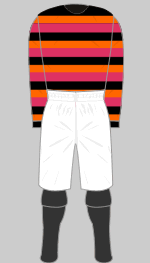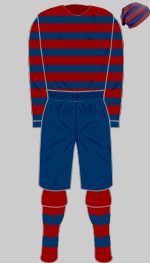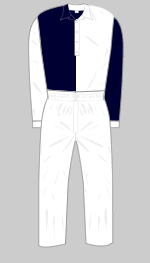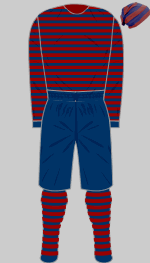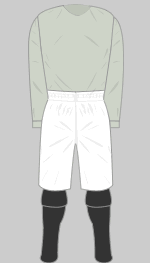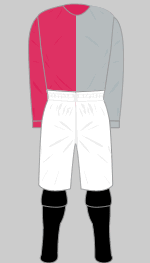English FA Cup Finalists 1872 - 1879
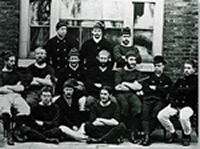 The English FA Challenge Cup is world's second oldest competition in association football. (The Youdon Cup played between Sheffield teams preceded it by five years but was played just once.). The tournament was proposed by CW Alcock, the influential Secretary of the Football Association who captained The Wanderers (photo left) to victory in the first ever final. At the time there were 30 clubs in membership of the FA, half of whom entered the competition. The decade was dominated by the former public school teams based in and around London at a time when association football was considered a recreation for gentlemen rather than a national sport.
The English FA Challenge Cup is world's second oldest competition in association football. (The Youdon Cup played between Sheffield teams preceded it by five years but was played just once.). The tournament was proposed by CW Alcock, the influential Secretary of the Football Association who captained The Wanderers (photo left) to victory in the first ever final. At the time there were 30 clubs in membership of the FA, half of whom entered the competition. The decade was dominated by the former public school teams based in and around London at a time when association football was considered a recreation for gentlemen rather than a national sport.
